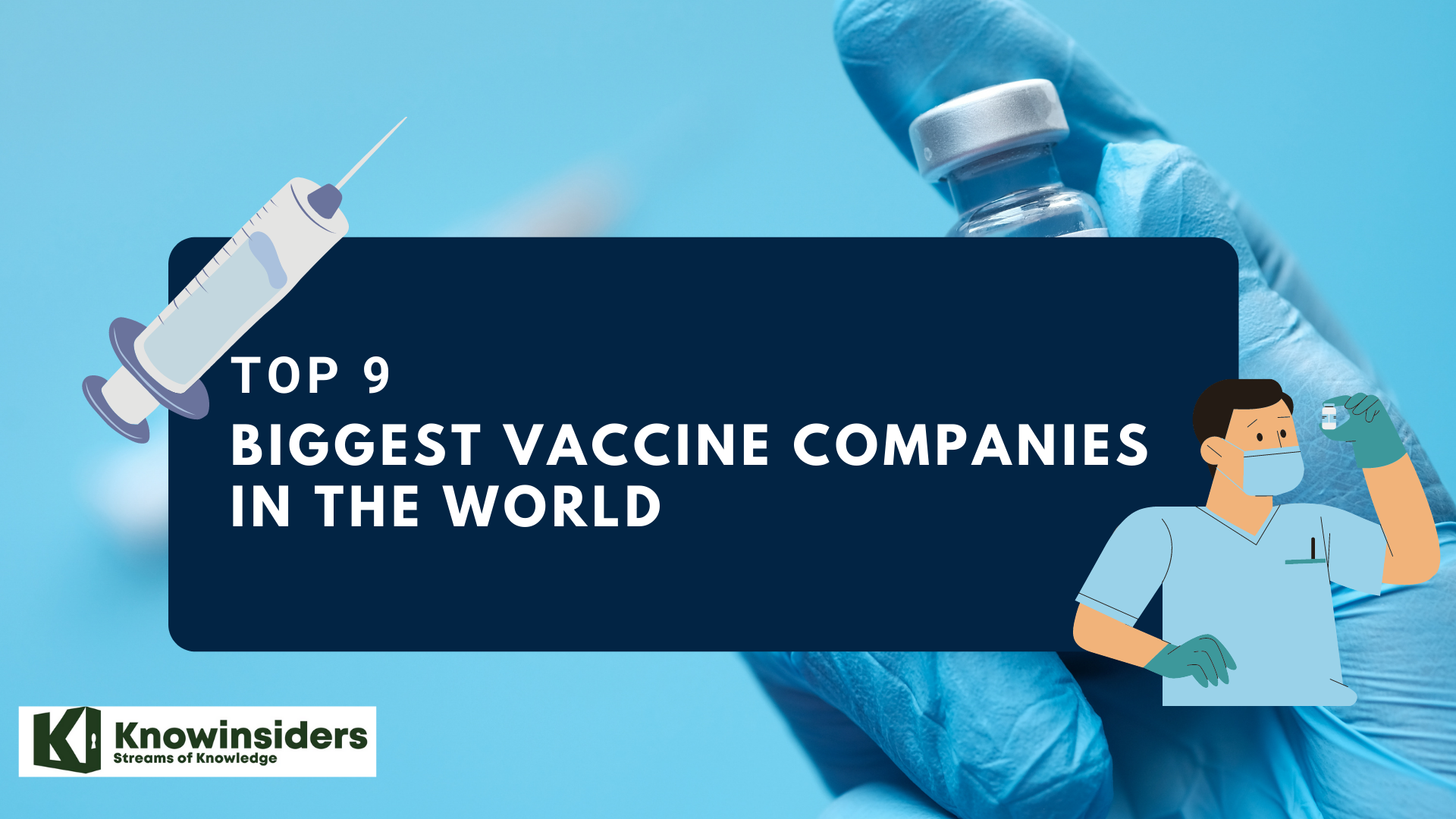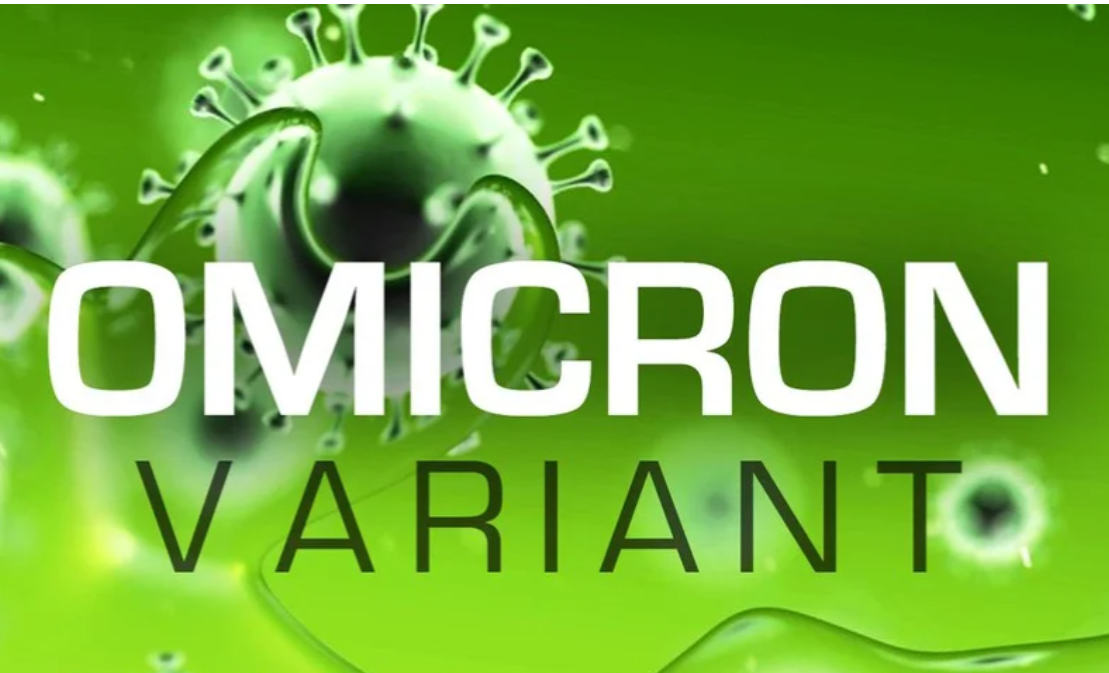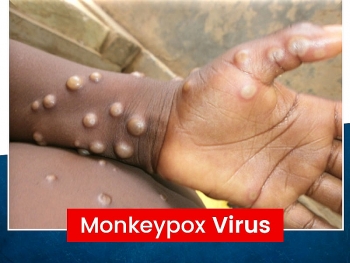Can Russia’s Vaccine Truly Prevent Cancer?
In recent years, the global fight against cancer has led to groundbreaking advancements in medicine, including innovations in immunotherapy, targeted drugs, and early detection methods. However, a true preventative measure for cancer remains elusive. Now, Russian scientists have announced a major development: a potential cancer vaccine that will enter human trials in 2025. Early results from animal studies are promising, but many questions remain about its efficacy in humans. Could this vaccine represent a turning point in cancer prevention, or is it too soon to celebrate? Let’s take a closer look at the science, the progress so far, and the challenges ahead.
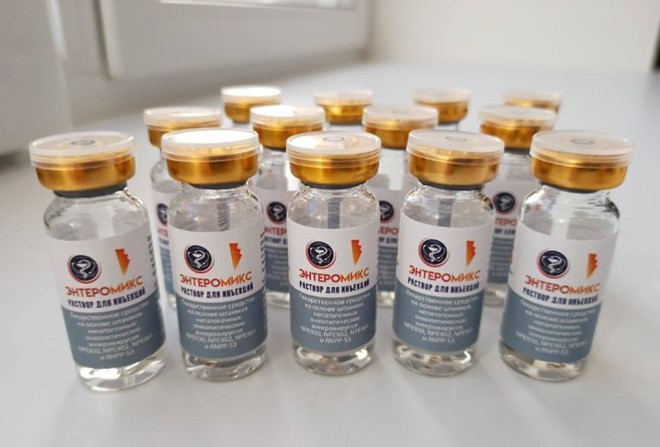 |
| Russian Microbiology Center Develops Cancer ‘Vaccine’ Using AI Tech |
What is Russia’s Cancer Vaccine?
The proposed vaccine, developed by researchers in Russia, aims to prevent the development of certain types of tumors. Unlike therapeutic cancer treatments—such as chemotherapy, radiation, or immunotherapy—which target existing cancers, this vaccine is designed as a prophylactic measure to stop cancer from forming in the first place.
The vaccine works by stimulating the immune system to recognize and attack specific antigens that are commonly associated with tumors. This approach isn’t entirely new; cancer vaccines have been an area of active research for decades. For example, the HPV vaccine has successfully reduced rates of cervical cancer by preventing infections that lead to malignancy. However, creating a generalized cancer vaccine that targets a wide range of tumors is far more complex.
According to the researchers, their vaccine has shown significant promise in animal studies. These preclinical trials demonstrated that the vaccine effectively prevented the formation and growth of tumors in test subjects. While these results are encouraging, the scientific community knows that success in animal studies doesn’t always translate to humans. This is why clinical trials on human volunteers, slated to begin in 2025, are so critical.
| “This vaccine represents a breakthrough in our fight against cancer. The preclinical results have exceeded our expectations, and we are optimistic about the potential impact on public health.” Russia Minister of Health Mikhail Murashko said in a press briefing. |
Breakthrough in Animal Studies
The development of Russia’s cancer vaccine has been bolstered by remarkable results in animal studies. In these experiments, researchers vaccinated animals prone to developing tumors due to genetic predispositions or exposure to carcinogenic substances. The vaccine appeared to prime the animals’ immune systems, enabling them to identify and destroy abnormal cells before they could form tumors.
One key mechanism of the vaccine involves the activation of T-cells, a type of white blood cell responsible for detecting and eliminating abnormal cells. By training these immune cells to recognize tumor-associated antigens, the vaccine helps the body maintain its natural defenses against cancerous growths. Moreover, the vaccine seemed to have a lasting effect, offering long-term protection in animal models.
Read More: What is Russian cancer vaccine: A game-changing development for 2025
In one trial conducted by Russia’s Gamaleya Research Institute, scientists reported that vaccinated mice exhibited a 70% reduction in tumor incidence compared to unvaccinated controls. This statistic has sparked optimism about the vaccine’s potential efficacy in humans.
While these findings are exciting, it’s important to note the limitations of animal studies. Mice and other laboratory animals are frequently used in cancer research, but their immune systems differ significantly from humans. What works well in animals may not always prove effective in people, making the transition to clinical trials a crucial step.
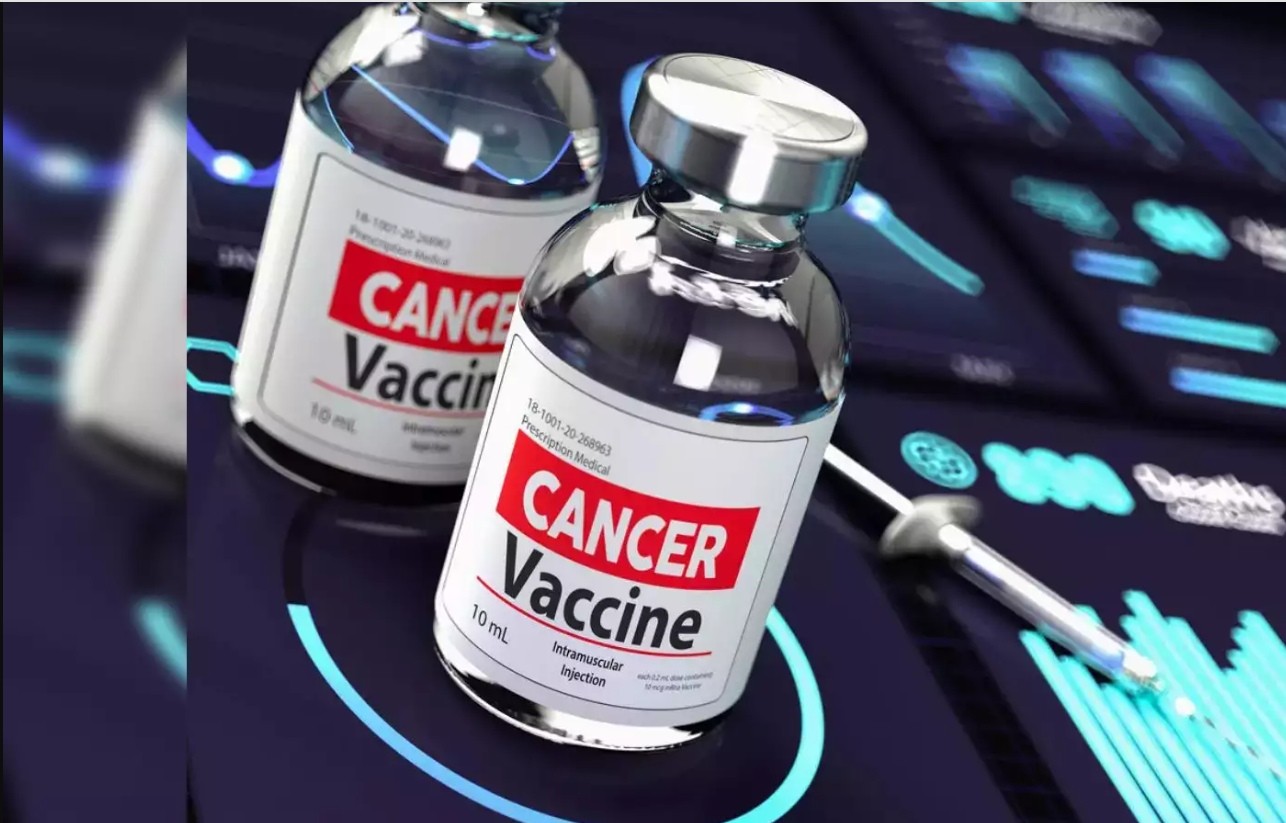 |
| During the coronavirus pandemic, Russia developed its own Sputnik V vaccine to combat COVID-19 and with widespread public skepticism in Russia regarding immunization distributed it to other countries. |
The Road to Human Trials
The move to human trials represents a significant milestone for any new medical intervention. Clinical trials are divided into three phases, each designed to answer specific questions about the treatment’s safety, efficacy, and potential side effects.
In Phase 1, the vaccine will be tested on a small group of healthy volunteers to assess its safety and determine the appropriate dosage. If successful, Phase 2 will expand the testing to a larger group, including individuals at higher risk of developing cancer. Finally, Phase 3 will involve thousands of participants to confirm the vaccine’s effectiveness and monitor long-term outcomes.
Russia’s vaccine is expected to enter Phase 3 trials in 2025, which is when researchers hope to gather definitive evidence of its efficacy. According to a statement from Dmitry Pushkin, a lead scientist on the project, “The vaccine has shown robust results in animal studies, but human trials will be the ultimate test. We are confident in our methodology and look forward to the outcomes.”
The timeline is ambitious but achievable, provided the earlier phases yield positive results. However, even if the vaccine proves effective, it will likely take several more years before it becomes widely available.
Challenges and Skepticism
While the idea of a cancer vaccine is undeniably exciting, there are significant hurdles to overcome. Developing a vaccine that works against cancer is far more complex than creating one for infectious diseases like measles or influenza. This is because cancer arises from the body’s own cells, making it harder for the immune system to differentiate between healthy and malignant tissues.
Additionally, not all cancers are the same. Tumors vary widely in their genetic makeup and behavior, which means a “one-size-fits-all” vaccine is unlikely. The Russian vaccine may only target specific types of cancer, limiting its overall impact.
Another concern is the lack of detailed data from the preclinical studies. While the results reported so far are promising, they need to be independently verified and peer-reviewed. Without transparency, it’s difficult for the global scientific community to fully evaluate the vaccine’s potential.
Finally, there is skepticism about Russia’s ability to conduct rigorous clinical trials. The country’s track record in vaccine development has been mixed; while the Sputnik V COVID-19 vaccine was a notable success, it faced criticism for being rushed to market without sufficient testing. Ensuring that this cancer vaccine undergoes thorough, evidence-based trials will be essential to gaining international trust and approval.
Hope and Potential Impact
If successful, Russia’s cancer vaccine could revolutionize the way we approach cancer prevention. Rather than focusing solely on treating the disease after it develops, we could shift toward a proactive strategy that stops tumors from forming in the first place. This would not only save lives but also reduce the immense physical, emotional, and financial burden associated with cancer treatment.
Moreover, a breakthrough in cancer vaccination could spur further innovation in the field. Other countries and research institutions might accelerate their own efforts to develop similar vaccines, creating a ripple effect that advances cancer prevention worldwide.
One estimate from the Russian Ministry of Health suggests that, if effective, the vaccine could reduce the incidence of certain cancers by as much as 40% in high-risk populations. This optimistic projection highlights the potential scale of the vaccine’s impact if it performs as expected in clinical trials.
However, it’s important to temper optimism with caution. Even if the vaccine proves effective, there will be challenges in making it accessible to everyone who needs it. Cancer disproportionately affects low- and middle-income countries, where healthcare resources are often limited. Ensuring equitable distribution of the vaccine will be a critical consideration for policymakers and global health organizations.
| The development of a cancer vaccine is a bold and ambitious goal, and Russia’s announcement marks an important step in that direction. Early results from animal studies are promising, but the true test will come with human trials starting in 2025. Success is far from guaranteed, but the potential rewards are immense. As we await further developments, it’s crucial to remain both hopeful and critical. Scientific breakthroughs often require years of meticulous research and testing, and this vaccine is no exception. If it succeeds, it could change the landscape of cancer prevention forever. Until then, we must continue to support rigorous research while keeping our expectations grounded in reality. |

